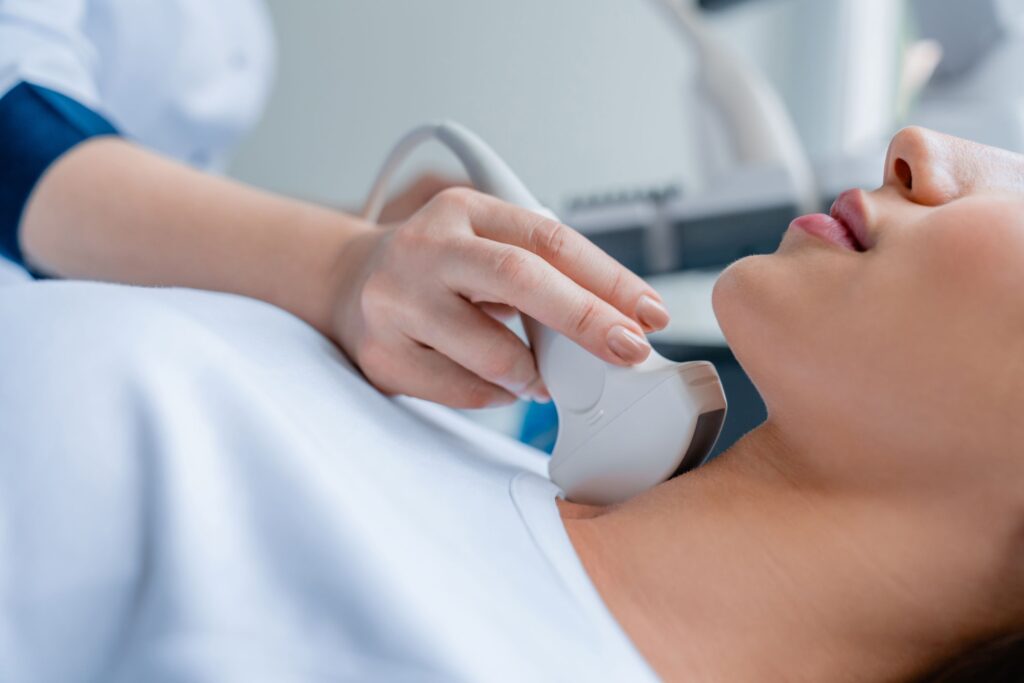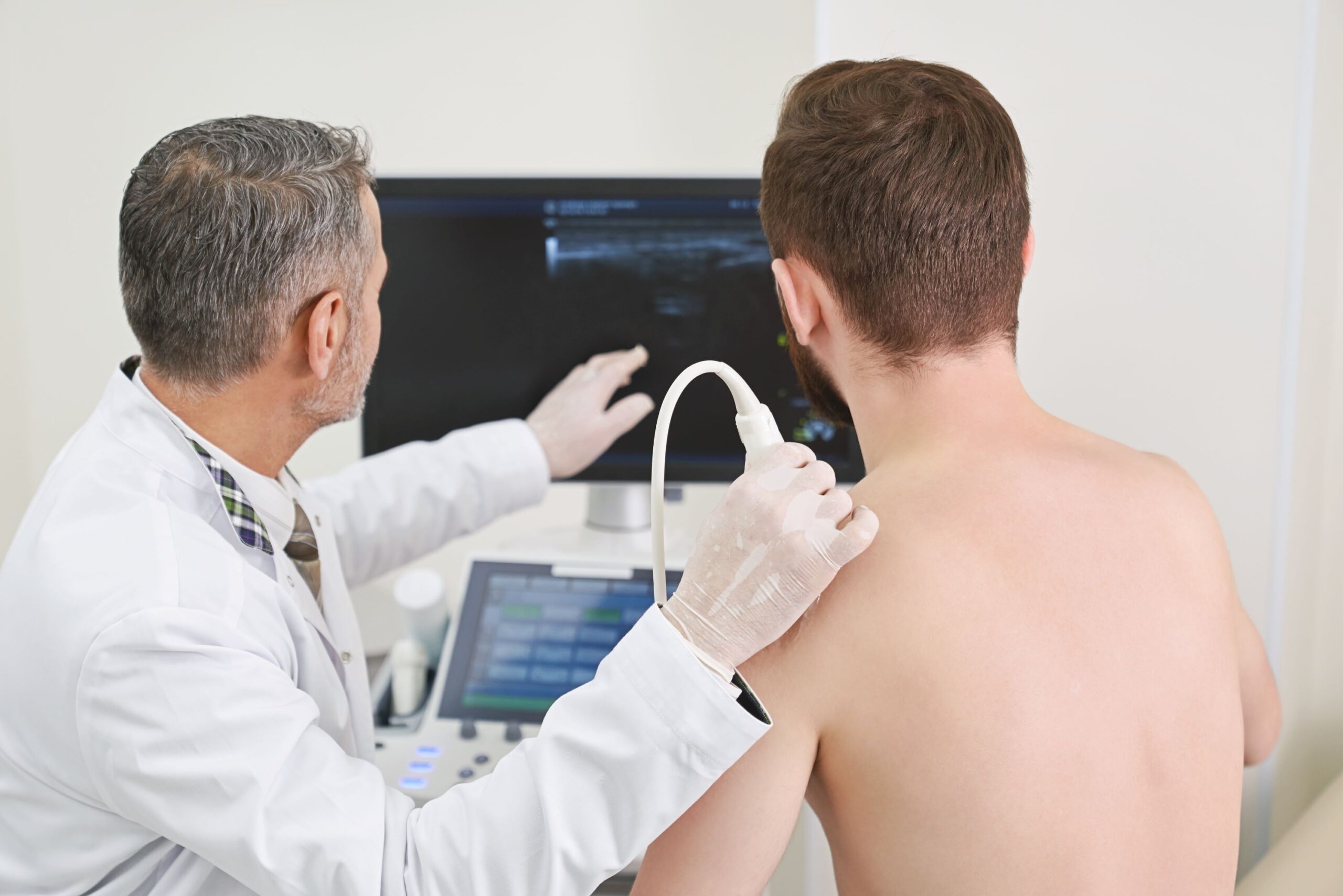When someone says the word ‘ultrasound,’ the first thing that often comes into people’s minds is pregnancy. However, ultrasound technology has many diagnostic purposes other than monitoring fetal development.
Ultrasound scans help detect different kinds of health-related concerns. It’s a safe and reliable diagnostic technology that uses sound waves or echoes to capture images of the inside of the body.
It also helps diagnose various conditions affecting your body’s internal organs. This is also why many ultrasound courses are offered today, aiming to provide primary and secondary health professionals with proper training and education. In addition, paediatric ultrasound courses are being offered to help health professionals diagnose health issues in ill infants, children, and even adults. Click here for more information about paediatric ultrasound courses and how to avail of one today.
Here’s a list of the health issues that doctors detect using ultrasound:
Pages of Contents
1.Cancer
Ultrasound imaging is a test that can help diagnose cancer by creating images of soft tissue diseases. It can contribute to detecting some types of cancers like liver or testicular cancer. Doctors often use it as the first step for detecting cancer before proceeding to more advanced diagnostic procedures.
The test is also quick and more affordable than CT or MRI scans. What’s more, the patient won’t be exposed to radiation. However, the downside is that the images ultrasound can produce are not as clear as the CT or MRI and can’t be solely used to confirm a cancer diagnosis.
2.Stroke
Many hospitals’ ultrasound systems can perform transcranial Doppler ultrasound or TCD. It’s a test that’s neither dangerous nor has negative side effects.
Transcranial Doppler ultrasound (TCD) is an ultrasound test that detects ischemic strokes. It’s a non-invasive test that utilizes sound waves to diagnose any issues affecting blood flow to the brain. It helps detect ischemic stroke, hemorrhagic stroke, and transient ischemic attack. Sometimes, the doctors who ordered this test would request a follow-up to keep an eye on your condition.
3.Heart Disease
If you previously had a heart attack or think you have a heart concern, your physician or heart specialist will recommend that you undergo a heart ultrasound or echocardiogram.
An echocardiogram is a type of ultrasound testing used to create images of your heart and see if there are any abnormalities with its function, form, or structure. For patients with abnormal heart rhythms or chest pain, many physicians advise getting it as a first step in determining what’s causing these heart issues.
If your doctor has recommended a heart ultrasound, don’t panic. This diagnostic test can be very beneficial in identifying and addressing potential heart problems before they develop into more severe conditions.
4.Gallstones
Gallstones are small pieces of solid material that usually form in the gallbladder.
The gallbladder is a small organ found on the right side of the abdomen and below the liver. It holds the bile, a digestive fluid released into the small intestine to help digestion. Bile also brings wastes such as cholesterol, which can result in gallstones.
Gallstones vary in size. Some of them are small as a grain of sand, but they can grow as large as a golf ball. There’s also the possibility that you can develop more than one gallstone, which can cause significant pain.
Ultrasounds can help confirm if you have gallstones. An abdominal ultrasound uses sound waves to examine and create images of the body’s interior parts. This painless procedure yields a complete diagnosis in just 10-15 minutes.

5.Thyroid Problems
Physicians recommend thyroid ultrasound to help assess the overall condition of your thyroid gland and identify any potential associated problems. The thyroid gland is an endocrine gland in the neck responsible for producing the thyroid hormone. This hormone is essential for the body as it supports many body functions.
A thyroid ultrasound is sometimes recommended by doctors as part of your overall medical exam, especially if you’ve been showing some thyroid problem symptoms. Others get thyroid ultrasounds if they see or feel a small bump in the neck.
Final Thoughts
Staying healthy should always be everyone’s top priority. Take note that some health problems are more complex and may require the use of medical technology for them to be diagnosed. Ultrasound tests give doctors an excellent tool for evaluating and assessing the condition of a patient’s body. It’s a critical diagnostic tool that’s quick and generally non-invasive. Talk to your physician first to see if an ultrasound test is required for your health issue, and don’t hesitate to ask any questions to address your concerns before the tests.



